Nintendo turns 125: Meet the British developers behind some of Nintendo's greatest games
It has set benchmarks, revitalised genres and broken new ground - but UK developers have played a sizeable part in Nintendo's success over the decades
Your support helps us to tell the story
From reproductive rights to climate change to Big Tech, The Independent is on the ground when the story is developing. Whether it's investigating the financials of Elon Musk's pro-Trump PAC or producing our latest documentary, 'The A Word', which shines a light on the American women fighting for reproductive rights, we know how important it is to parse out the facts from the messaging.
At such a critical moment in US history, we need reporters on the ground. Your donation allows us to keep sending journalists to speak to both sides of the story.
The Independent is trusted by Americans across the entire political spectrum. And unlike many other quality news outlets, we choose not to lock Americans out of our reporting and analysis with paywalls. We believe quality journalism should be available to everyone, paid for by those who can afford it.
Your support makes all the difference.When you think of Nintendo – the developer of some of history's best-loved games from Donkey Kong to Mario to Zelda - you invariably think of Japan.
The company has had an influential hand in making video games an intrinsic part of Japanese popular culture and at the same time, taking on a style which is boldly unique.
Although Nintendo is 125 years old today, the company made its first foray into video games in the 1970s. In doing so, it stuck to the traditions of Japan, drawing inspiration from anime and comics and delivering many a pleasurable fantasy world. It is no secret that Japanese gamers tend to shun first person shooters; that the American-made Xbox consoles fare less well in the Land of the Rising Sun. But this is how it has become successful.
Although Nintendo and Japanese gaming as a whole is not as influential today, in 2002 Japan had a hold of more than 50 per cent of the world's gaming market. And during its time as a gaming company, it has set benchmarks, revitalised genres and broken new ground.
Yet they haven't done this entirely alone. Along the way, Nintendo's gaming consoles have attracted talent from across the world. And, as we see here, UK developers have played a sizeable part in Nintendo's success over the decades, bringing a British flavour to a Japanese institution that, many gamers hope, will continue for many more years to come.
Rare
.gif)
Although many British companies have been involved in developing games for Nintendo consoles, few have had the same level of impact as Rare. Founded by Tim and Chris Stamper and based in Twycross in Leicestershire, the company developed the amazing side-scrolling 2D platformer Donkey Kong Country in 2004 for the SNES.
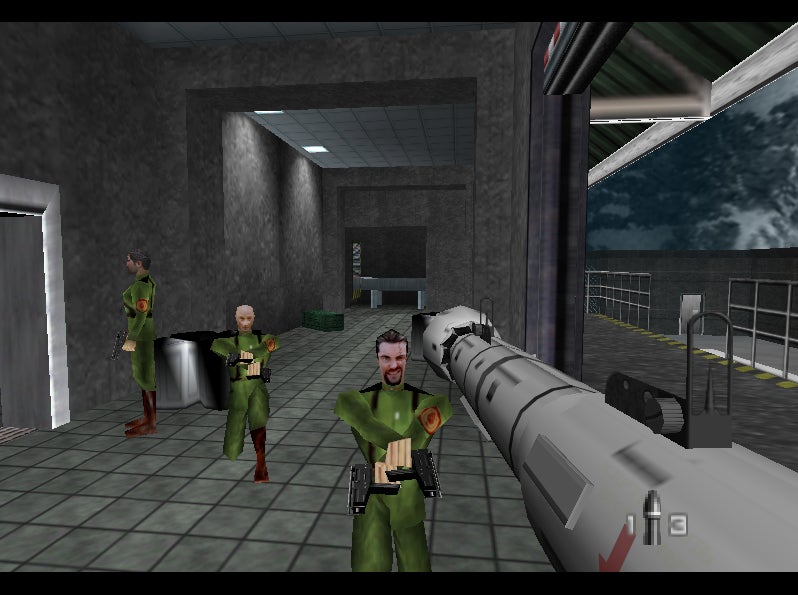
But, arguably, what followed three years later was the finest moment in UK-made Nintendo gaming history. Rare took the quintessential British spy, James Bond, and created GoldenEye 007 for the Nintendo 64. Director and producer Martin Hollis pulled a blinder, producing a revered instant classic that was quickly hailed for its incredible multiplayer and use of stealth. It was one of the standout games for the N64.
Julian Gollop
Some developers could be deemed to be overnight sensations. Not Julian Gollop. He began his career in the early 1980s and built up a formidable reputation, not least for making the popular X-COM series of sci-fi games.
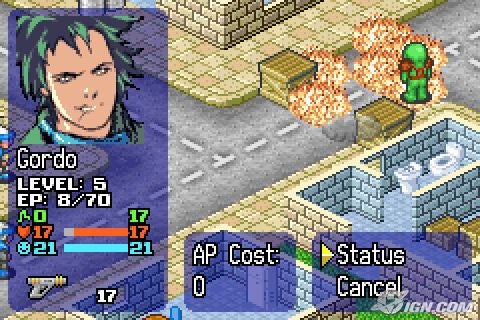
His back catalogue was important, though. He made Rebelstar: Tactical Command for the Game Boy Advance in 2005, which was loosely based on his ZX Spectrum game Rebelstar Raiders from 1984, and that led to him being asked to design Tom Clancy's Ghost Recon; Shadow Wars for the Nintendo 3DS. And what a great game that was.
Frontier Developments
There are some games which transcend generations. Elite is one of them. Created for the BBC Micro in 1984 by David Braben and Ian Bell, it is spoken of in the kind of terms film critics tend to reserve for Citizen Kane. It may not look like much today but, back then, the 3D graphics were seen as revolutionary and it was the first sandbox game to grip imaginations.
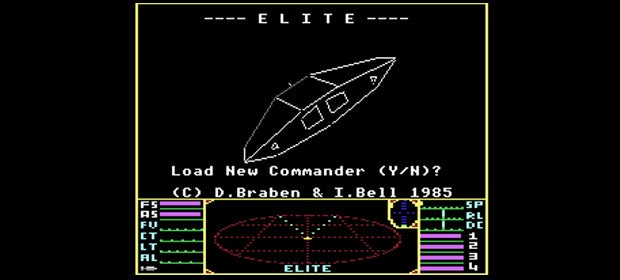
Thankfully, Mr Braben's ability to bring a breath of fresh air to gaming barely diminished and, in 2008, his company Frontier Developments introduced a small, downloadable game to the Nintendo Wii, making full use of the Wii Remote in the process.
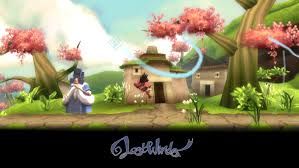
Called LostWinds – and inspired by the ferocious blasts of air which were battering the Frontier offices at the time – it became a highly successful launch title for WiiWare and set a quality standard for others to follow. Gamers loved how they could control the wind in the game in order to help the lead character navigate the enchanting land of Mistralis. Designer Steve Burgess was suitably proud.
Rockstar Games
Nintendo has long had a family-friendly ethos and it tends to make games which try to appeal to all age-groups. But that didn't stop controversial British developer Rockstar Games from successfully porting its most infamous title Grand Theft Auto to a Nintendo handheld (nor did it prevent Bully from appearing on the Wii).
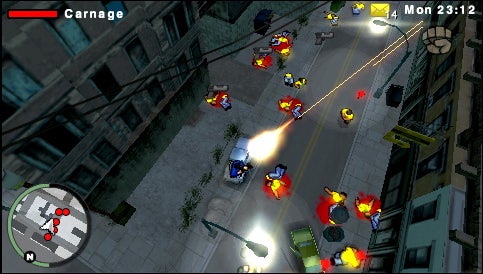
Rockstar founder Dan Houser co-wrote GTA: Chinatown Wars with David Bland and released it for the Nintendo DS. It introduced some sparkling elements such as using the stylus as a screwdriver. Suddenly, the Nintendo DS was a machine with an edge, running a game that many a Japanese player wouldn't particularly enjoy.
Jez San
Finally, we come to Jez San, founder of a software company called Argonaut. Although he turned his hand to making a game called Star Fox which was released on the SNES in 1993, Mr San's main claim to fame was producing the Super FX chip for the console.
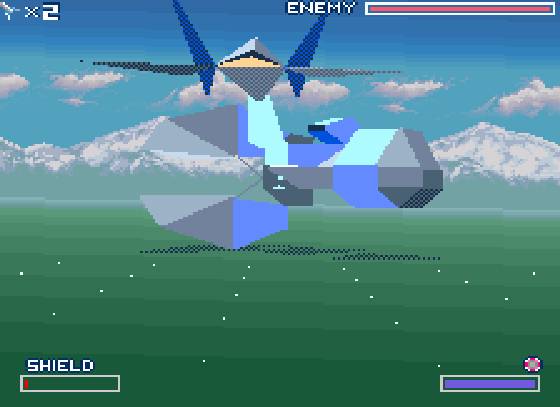
While developing Star Fox, he had told Mario creator Shigeru Miyamoto that the best way to improve the SNES' 3D capabilities was to produce some new hardware. Given the go-ahead, he gathered a team of former Sinclair Research workers and created a 3D graphics accelerator and a RISC microprocessor. Placed in a cartridge, it became known as the Super FX chip. Mr San was awarded an OBE in 2002.
Join our commenting forum
Join thought-provoking conversations, follow other Independent readers and see their replies
Comments